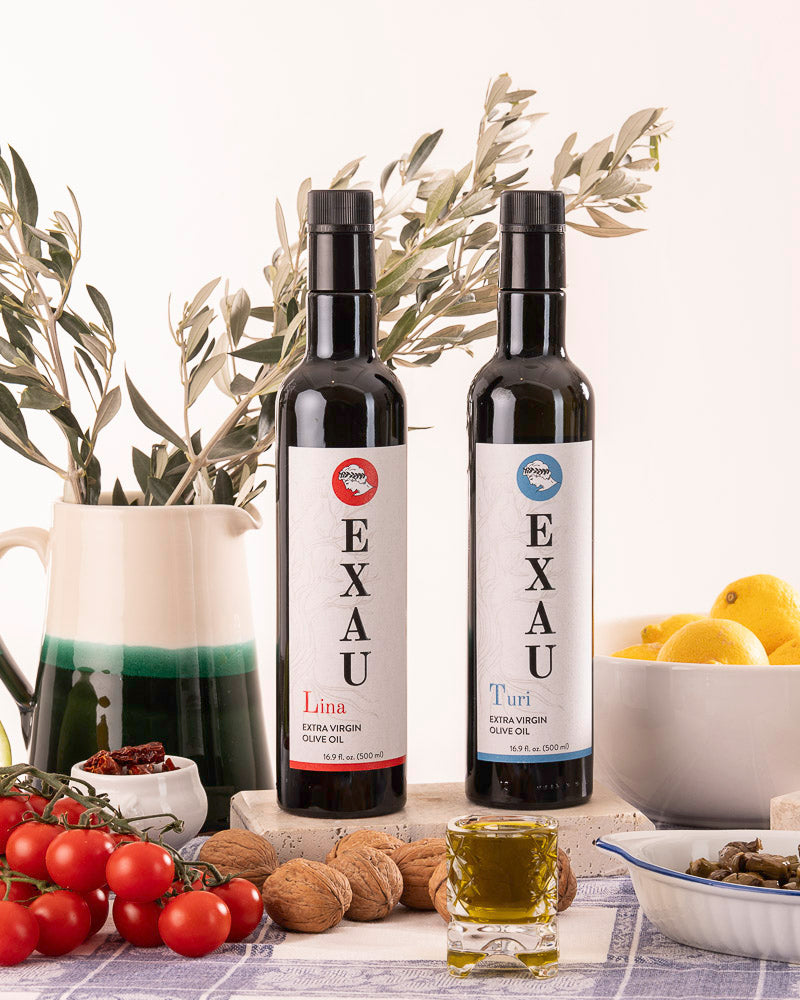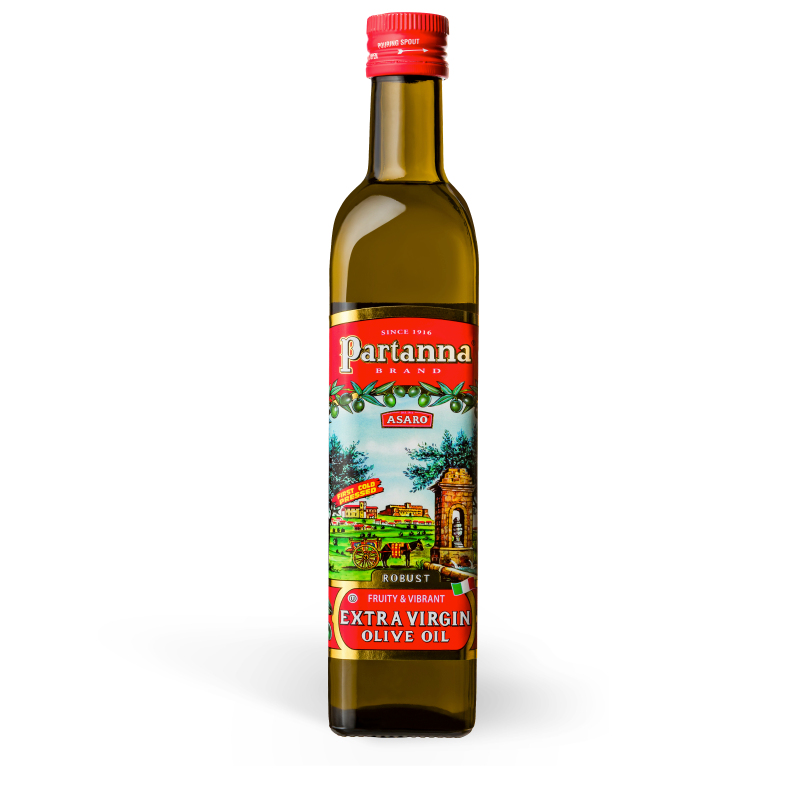Discovering the Various Kinds Of Olive Oil and Their Uses, Consisting Of Additional Virgin Olive Oil
The exploration of olive oil encompasses a varied array of kinds, each offering culinary applications and unique tastes. Bonus virgin olive oil, renowned for its exceptional top quality and health advantages, serves as a staple in lots of kitchens, yet it is only one aspect of this complex ingredient.
What Is Olive Oil?
Originated from the fruit of the olive tree, olive oil is a staple in Mediterranean cuisine and a crucial active ingredient in various culinary applications. This flexible oil is generated by pushing whole olives, leading to a fluid that differs in shade, taste, and fragrance depending upon the sort of olives made use of, the region of cultivation, and the extraction process. Olive oil is primarily composed of monounsaturated fats, especially oleic acid, which is known for its potential health and wellness benefits, including anti-inflammatory residential properties and cardio assistance.
In enhancement to its cooking usages, olive oil has a lengthy background of application in typical medication and skin care, owing to its rich antioxidant content (extra virgin olive oil benefits). The oil is frequently used in dressings, marinades, and for cooking methods such as sautéing and roasting. Its distinct flavor account can improve the preference of numerous recipes, making it a crucial active ingredient for both home chefs and expert chefs
Additionally, olive oil is celebrated for its role in the Mediterranean diet regimen, which is linked with many health and wellness advantages. As understanding of these advantages expands, olive oil proceeds to get popularity worldwide as a basic part of a healthy and balanced lifestyle.
Sorts Of Olive Oil
Understanding the numerous types of olive oil is important for both health-conscious customers and cooking lovers. Olive oil is identified mostly based on its removal method and high quality, which considerably influences its aroma, health and wellness, and taste benefits.

Light olive oil, despite its name, describes a lighter taste and not lower calories. It is optimal for those seeking an extra subtle taste in dressings and marinades. Furthermore, there are flavored olive oils instilled with natural herbs, spices, or citrus, which can improve meals without the need for additional flavoring.
Each sort of olive oil serves details culinary objectives, and understanding these differences permits consumers to make informed selections that align with their food preparation styles and wellness goals.
Extra Virgin Olive Oil
Additional virgin olive oil (EVOO) is widely considered the greatest quality olive oil offered, renowned for its rich taste and numerous wellness benefits. To be categorized as extra virgin, the oil has to be created from fresh olives using mechanical procedures, without using solvents or extreme warmth. This precise approach protects the oil's natural tastes, antioxidants, and healthy and balanced fats, resulting in an item with a reduced acidity degree of much less than 0.8%.
EVOO is abundant in monounsaturated fats, particularly oleic acid, which is connected to lowered inflammation and boosted heart health. It additionally consists of polyphenols, effective antioxidants that may supply protective impacts versus persistent conditions. The flavor profile of EVOO can differ significantly depending upon the olive range and region of production, ranging from grassy and fruity to robust and peppery.

Culinary Uses of Olive Oil

In cooking, olive oil can be utilized for sautéing, roasting, and grilling, providing a healthier choice to butter or various other fats. Its high smoke point makes it ideal for numerous cooking techniques, while its antioxidants add to a heart-healthy diet. Drizzling olive oil over ended up dishes, such as pasta, fish, or barbequed vegetables, can boost tastes and include a touch of beauty.
Furthermore, olive oil plays a significant duty in cooking, where it can replace standard fats in recipes for bread and pastries, presenting moisture and a subtle preference. It likewise works as a base for infused oils, permitting cooks to try out flavors such as garlic, natural herbs, or chili, additionally expanding its cooking capacity. Generally, olive oil's flexibility makes it essential in both home and professional cooking areas.
Picking Quality Olive Oil
When picking quality olive oil, it's vital to take into consideration a number of vital elements that affect the product's taste, health, and scent benefits. Opt for added virgin olive oil (EVOO), which is derived from the very first chilly pushing of olives and includes the highest degrees of anti-oxidants and advantageous substances. Seek oils that are certified by acknowledged companies, as this often makes sure adherence to rigid top quality standards.
The packaging likewise plays a substantial duty in preserving the oil's integrity. Select oils kept in dark glass containers or tins to protect against light deterioration. Take notice of the harvest day; fresher oils offer exceptional flavor and nutritional value, so choose products that are within 18 months of their harvest.
Be mindful of the preference; a great quality olive oil should have a balance of fruity, bitter, and peppery notes, showing its splendor and complexity. By evaluating these factors, you can guarantee you are selecting the best olive oil for your cooking needs.
Conclusion
In recap, the expedition of different kinds of olive oil discloses unique qualities and applications, with added virgin olive oil standing for the pinnacle of high quality due to its reduced acidity and high antioxidant content. Its convenience in culinary usages improves flavors in dressings, sauces, and click to investigate sprinkles. Recognizing the various ranges of olive oil allows for educated options in food preparation techniques, advertising healthier practices while enhancing the general gastronomic experience. Quality selection continues to be important for optimum benefits.
Derived from the fruit of the olive tree, olive oil is a staple in Mediterranean food and a key component in numerous culinary applications.The most common kinds of olive oil consist of refined olive oil, pure olive oil, and light olive oil.Additional virgin olive oil (EVOO) is commonly pertained to as the highest high quality olive oil readily available, celebrated for its rich taste and countless health benefits. Choose for added virgin olive oil (EVOO), which is acquired from the initial cold pressing of olives and consists of the highest possible degrees of anti-oxidants and advantageous compounds.In recap, the exploration Source of different types of olive oil exposes unique features and applications, with added virgin olive oil standing for the peak of quality due to its low acidity and high antioxidant web content.